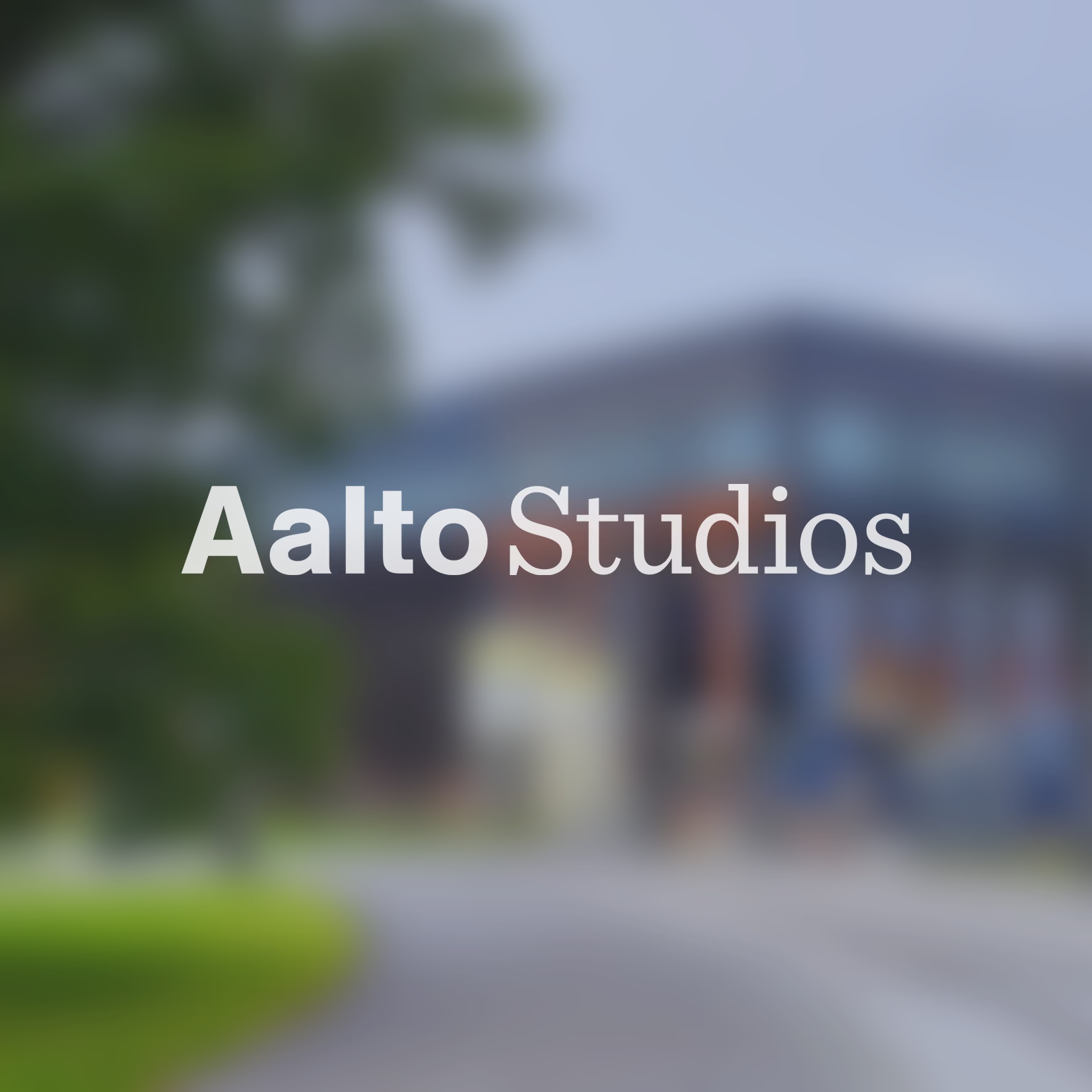Every now and then, we’ll share a little bit about the team behind Aalto Studios. Today, we introduce you to Jussi Lohijoki, our post-production master and educator at Aalto Studios. Jussi started at Department of Film in 2010, and is still working around similar atmosphere at Aalto Studios. Without further ado, here’s a brief interview with Jussi.
What do you do at Aalto Studios?
I am a workshop master responsible for post-production. My tasks include maintaining and developing the production network, teaching basics of Avid and providing technical support.
What brought you to Aalto Studios?
I worked as a technical support engineer at Avid before starting in the Department of Film back in around 2010. I was in need for some kind of change so a job opening at Aalto University came to a perfect spot. There’s been many changes in the organisation, but my job has remained essentially the same since my early times here.
What’s the most exciting idea, project or initiative that you have going on at the moment?
I’d have to say that the planning of the new media center is quite exciting at the moment. I’m curious to see what it is going to look like and how my job is going to change before 2022.
What is your philosophy in life and how do you apply it to your everyday working methods?
Never leaving things undone – once I start something, I have to finish it. This reflects to my impatient personality.
Aalto Studios, the media center of the future, goes live in 2021 and is going to have amazing facilities for film, media, VR and sound design. What would you include in the new building dedicated to media?
I would definitely like to include every function that filmmaking requires. Everything being under one roof from start to finish of a project makes the process a lot smoother. Facilities for set-making, good studios and editing stations are things that should be included.
Where do you see your own work going? What might it become?
My work is constantly evolving. For example, when I started 8 years ago we shot nearly everything with a traditional film camera. After switching to digital cameras everything is in a file format. Image size has grown drastically. I believe that my work continues going towards a more technological directions as cameras and editing systems are developing that way.
I wouldn’t be that surprised of VR, AR and even 3D were to be commonplace in the future. However, I’m worried about the direction that our workflow might be going. Editing with different systems is endless. The pressure that using a film camera is good for filmmakers and actors because the stakes are higher. Film is wasted every time a scene goes wrong in some way. With digital cameras the work group is sometimes not as well prepared as they would have back in the day. So even though some stages of filmmaking
